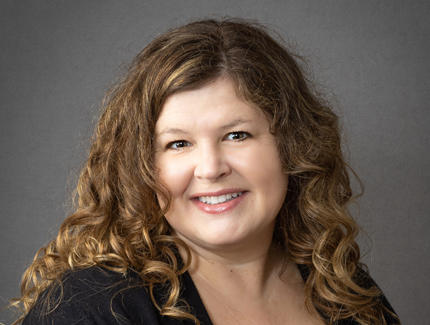Audiologists are hearing specialists who are trained to identify, diagnose, measure and treat hearing disorders and other conditions of the inner ear. They use a variety of devices to measure hearing and the type and extent of hearing loss. The practice of audiology can help patients improve their hearing by using various technological advances to improve the function of the ears.
Our audiology team provides care for patients of all ages at our Parkview Medical Park location in Bryan, Ohio. Common ear conditions that are treated at our audiology clinic include ear infections, hearing loss, and tinnitus.


